Nutrition, if managed correctly, can have a positive impact on your overall athleticism and exercise performance. If you want to perform your best on the day of a competition, you need to be fuelled correctly.
Many athletes struggle to develop a strong nutrition plan that promotes both performance and recovery. If an athlete is unable to get the basics right, such as nutrition, they’ll never hit their full potential during a competition. Even if they put 100% into the gym every day!
The body requires a large range of nutrients for health, performance, and recovery. Inadequate nutrition increases the onset of early fatigue, reduces the availability of energy, and increases the time it takes to recover from exercise.
One of the most common questions I get asked by athletes is “What meal should I eat before an event?”. Firstly, great question, but the narrative needs tweaking a little! There is a much bigger picture we need to look at when planning our pre-event fuelling strategy.
What are The National Fitness Games?
The National Fitness Games (NFG) is the ‘broad church of fitness’, hosting functional fitness competitions ranging from ‘elite’ to ‘novo’ events. The events are competed in teams or as individuals, and they consist of a variety of functional fitness movements, most notably: Speed, Power, Strength, and Endurance. Nutrition is vital to an athlete’s success at an NFG event, without a robust nutrition plan it’s impossible to try to compete at the high-level the events demand!
If you are looking for more information about the NFG go check out their site: https://www.nationalfitnessgames.com/about/
Covering the Basics for NFG Training
To understand the nutrition we require, we must first understand the sport itself. The style of training required for these competitions is very different to your conventional sports, as the duration of a functional fitness session is typically shorter in duration, although it is still a high intensity workout. This would suggest the energy demands for NFG training, are a little less than those taking part in sports which require longer training sessions.
For functional fitness training a healthy body comprised of low body fat and lean muscle mass is desirable. The energy used in the sessions would be predominantly carbohydrates, with some elements of performance fuelled by fat sources.
Based on the research of other ‘functional fitness’ training styles, a macronutrient split of 40% Carbohydrates, 30% Fat, and 30% Protein should provide the body with optimal fuel and the nutrients require for recovery post-exercise.
- Carbohydrates are essential to an athlete looking to train in functional fitness. These will be your main fuel source for training and competition. Usually, I’d recommend athletes who take part in longer duration sports to consume up to 60% carbohydrates. Due to the shorter duration of functional fitness training, the additional energy is not required and keeping the carbohydrate intake optimal versus the energy output, will promote positive body composition.
- Fats are required for good health and essential to a balanced, healthy nutrition plan. In fact, fats do make up some of the energy required for performance, specifically once the carbohydrate stores begin to run short. Imagine dietary fats as your reserve tank of petrol for when it is required.
- Protein plays a pivotal role in muscular recovery. This allows for an optimal and quick recovery between training sessions. Thus meaning, you can train frequently across the week without your subsequent performances being affected.
5 Basic Tips for NFG Training:
- Aim to consume whole food, when possible. Supplements are not essential if we are able to source our nutrients from food!
- Vary your food sources, this will ensure you get a variety of micronutrients to support health and fitness
- Spread your protein intake out across the day, to ensure the muscles have a regular feed of protein for growth and repair.
- Snack on foods high in sugary carbohydrates around 1hr before training to give you an extra boost of energy.
- Hydration is key for performance and health, consume at least 2.5 L of water daily. Remember to consume additional fluid during and after training to replace sweat loss.
Building Nutrition for The NFG Competition Day
So, we’ve smashed our training and nutrition in the build-up to the competition! The big day is coming close and it’s time to start tapering our nutrition to optimise our performance.
In the days leading up to the event, keep a balanced and habitual diet, this isn’t the time to be testing out new foods. Focus on increasing rest, sleep, and hydration to ensure the body is primed for comp day.
Comp Day -1
Nutrition during the day before is arguably just as important as the day of the comp. Ensure you keep with regular meals your body is familiar with. Consume fluids as normal and include a larger than usual portion of carbohydrates in your evening meal.
On this day, some athletes may find it beneficial to alter their macronutrient split, to prepare for the demands of the events they have coming up. Opting for more carbohydrates than fat, allows for an increased availability of quick release energy. This will support the body more efficiently during the periods of high intensity exercise. Just be sure you don’t ‘overload’ on carbohydrates, as this can negatively affect performance.
Comp Day
To understand how to fuel correctly for this day, we need to know: what time does the competition start?
AM Comp:
If the competition starts in the morning, we are limited to the amount of nutrition we can fit into the limited time frame. If it is possible, aim to leave 3hrs between a large breakfast and the start of the comp. If not, a smaller, high carbohydrate breakfast 1-2hrs before the event will suffice. You may want to consume a caffeinated beverage around 90mins before the first event to give you a little energy boost.
PM Comp:
If the competition is later in the day, we have more time to prepare the body nutritionally! We want to keep the carbohydrates topped up throughout the day. Regularly consuming meals, and snacks that are high in carbohydrates and moderate in protein. Around 3hrs before the first event we should consume our last large high carbohydrate meal. If we feel low in energy close to the event, a small high carb snack, around 60-90mins before would help to boost energy and reduce hunger.
Hydration for Comp Day
It is important we stay hydrated during the day of a competition. Before, during, and after each event we need to ensure we are regularly consuming fluids. If you are competing in a climate that is hotter than usual, your sweat rate may be increased. The use of electrolytes could help to support the rehydration of the body.
Typically, in a regular climate we’d be looking to take on around 250ml of fluid every 15-20mins of exercise. This can be achieved through little and often sips during an event. After the competition is finished, we need to look at a complete rehydration strategy. This can be achieved by consuming around 1 - 2 litres over the next 1 - 2hrs.
5 Top Nutrition Tips to Succeed at the NFG
- Keep it simple! Eat foods you’d regularly consume, stick to nutrition habits that are familiar.
- Prepare every meal and drink like you are going to a dessert island! Don’t rely on others to provide you with food and drink.
- Make sure the snacks you choose are easy-to-digest and predominately carbs and protein. Where possible, avoid fibre and fat between events.
- Go easy on the caffeine, monitor your intake! Stick to the recommended dose, as going over this may impact performance negatively.
- You don’t need protein straight after your last event, take time! However, I’d suggest having a high protein snack in your bag for when you are ready to eat.


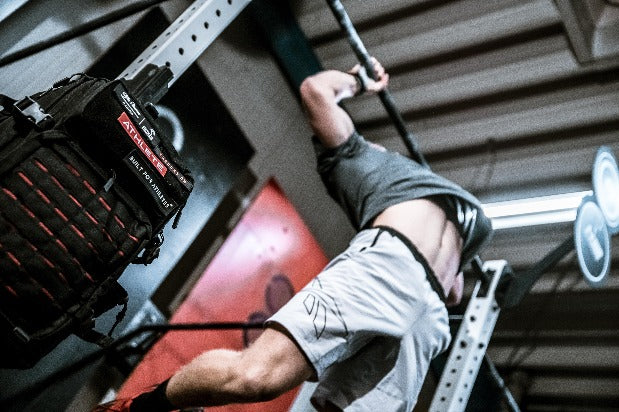

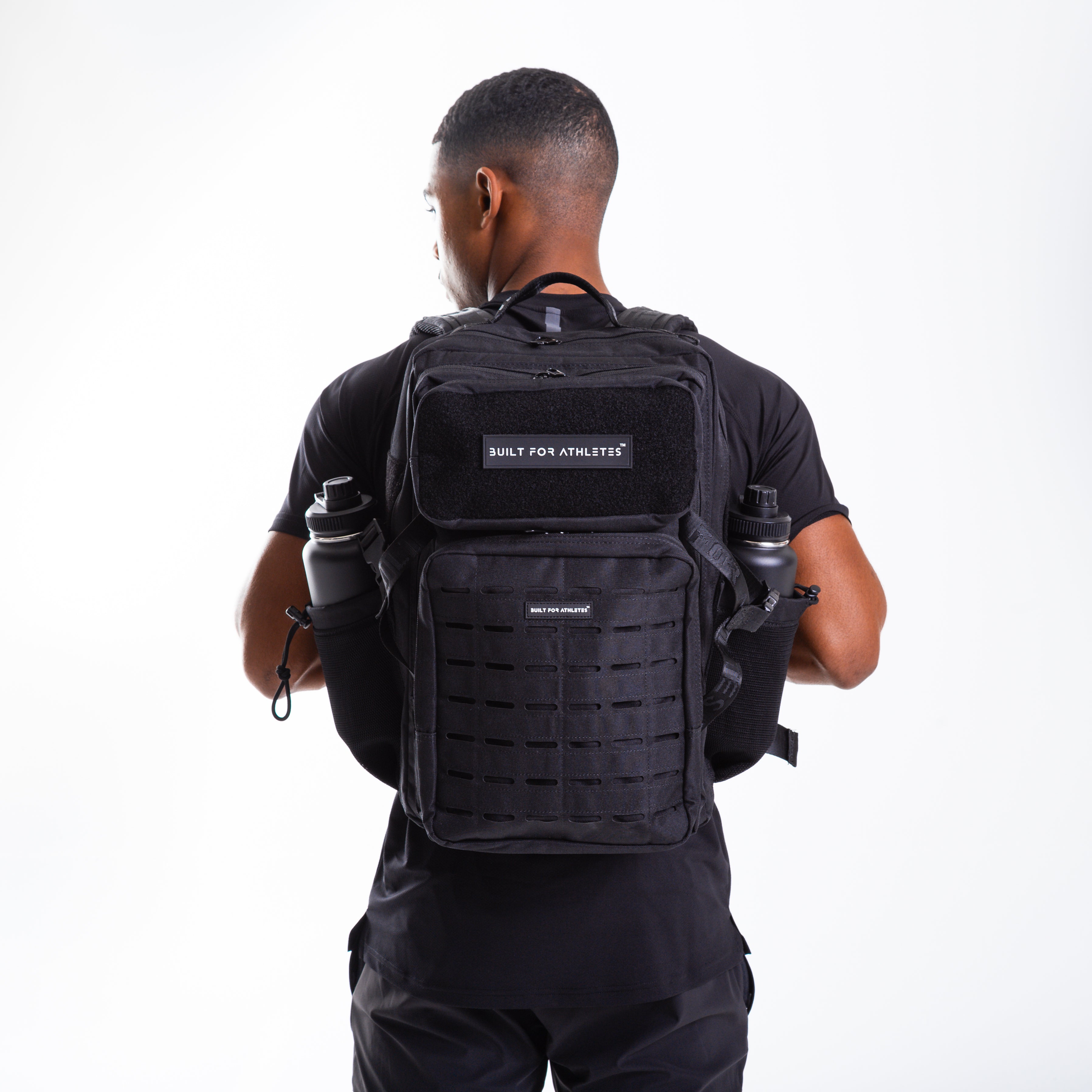
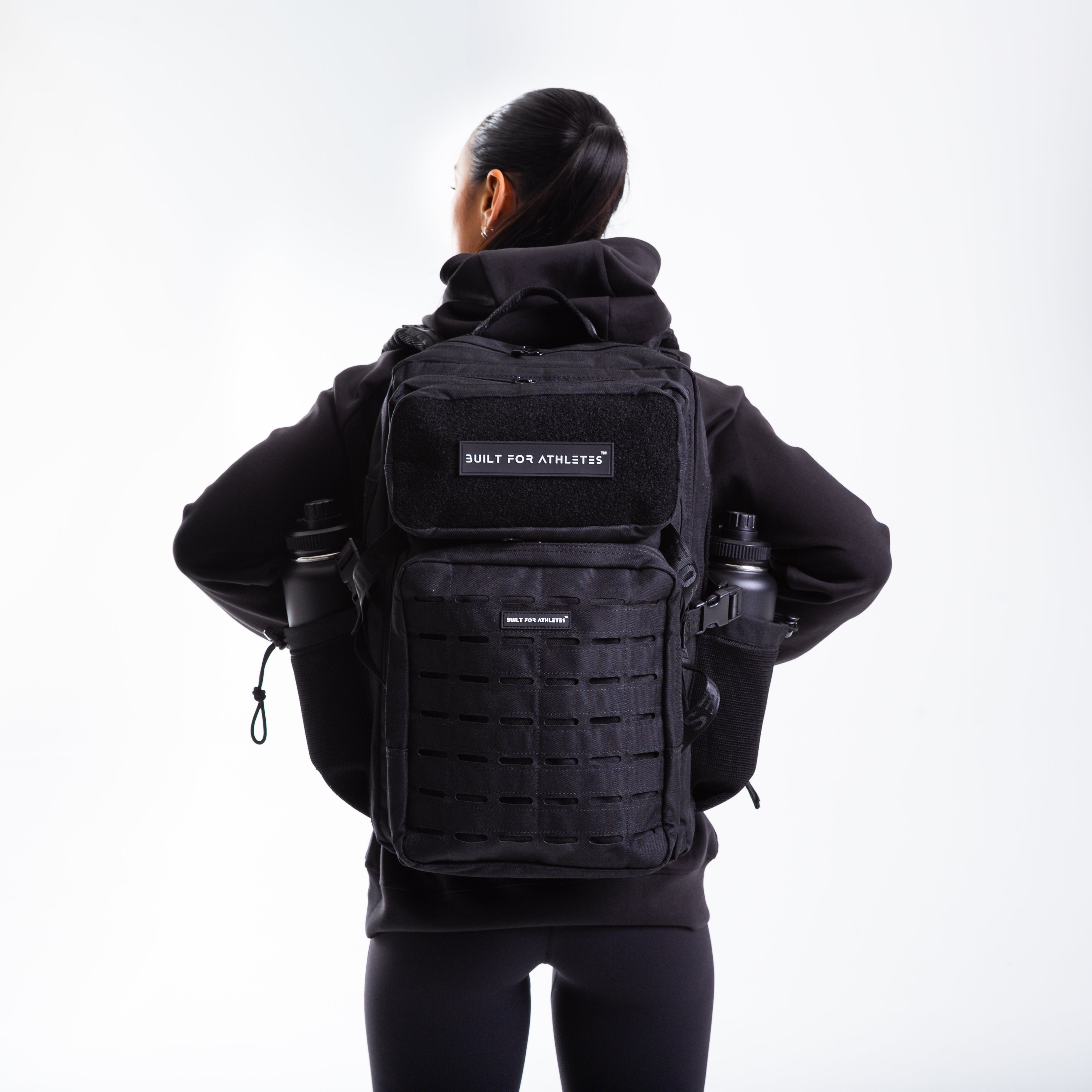
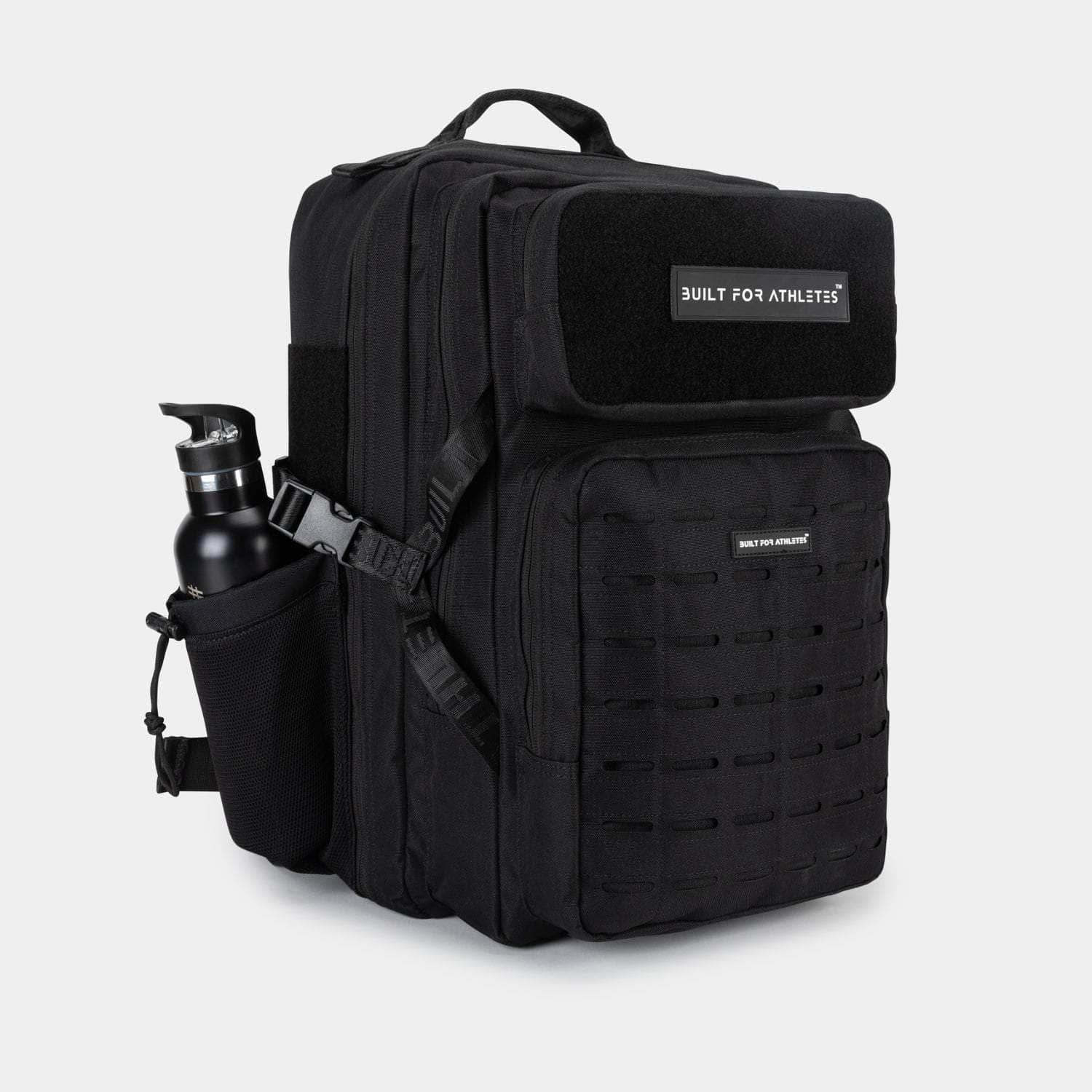






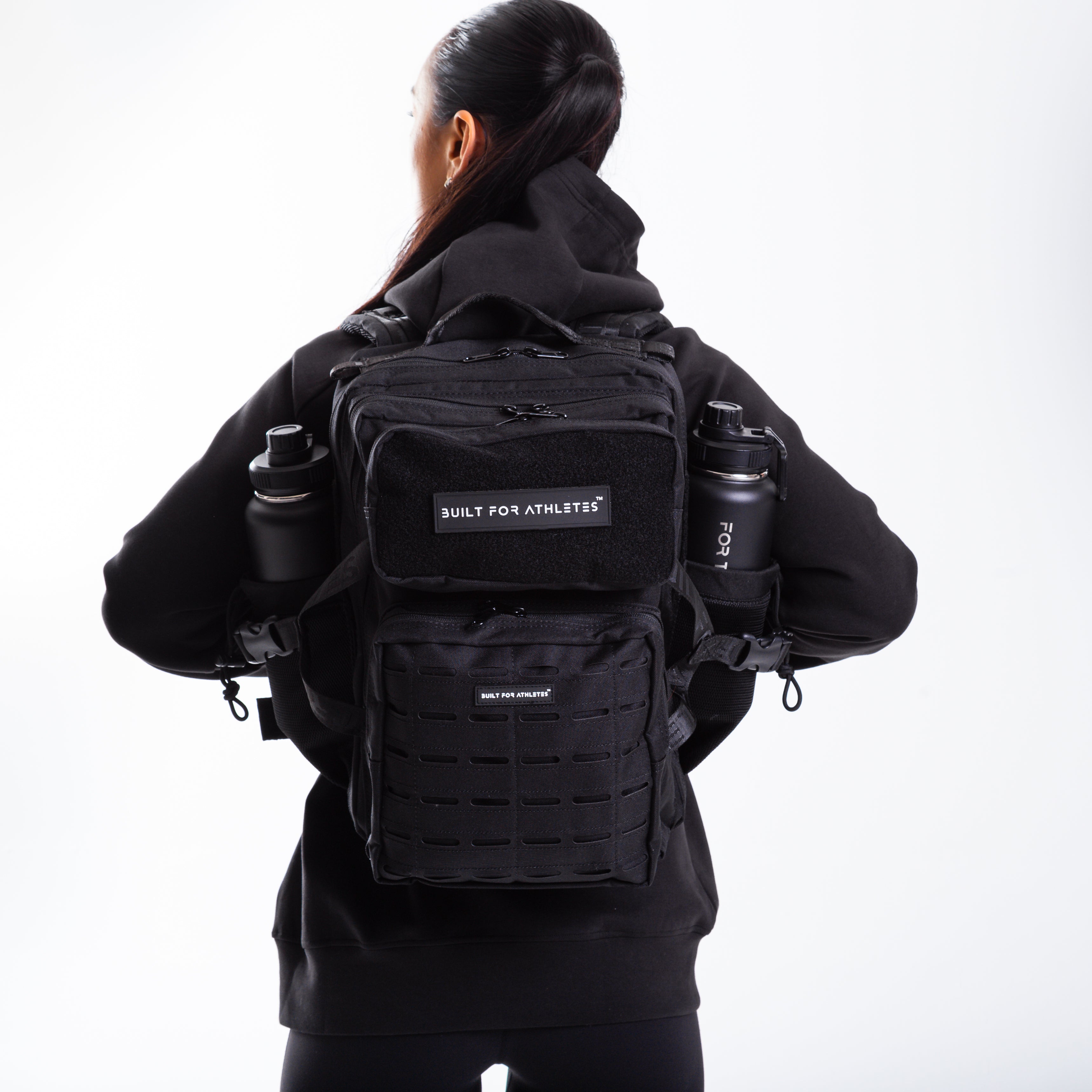
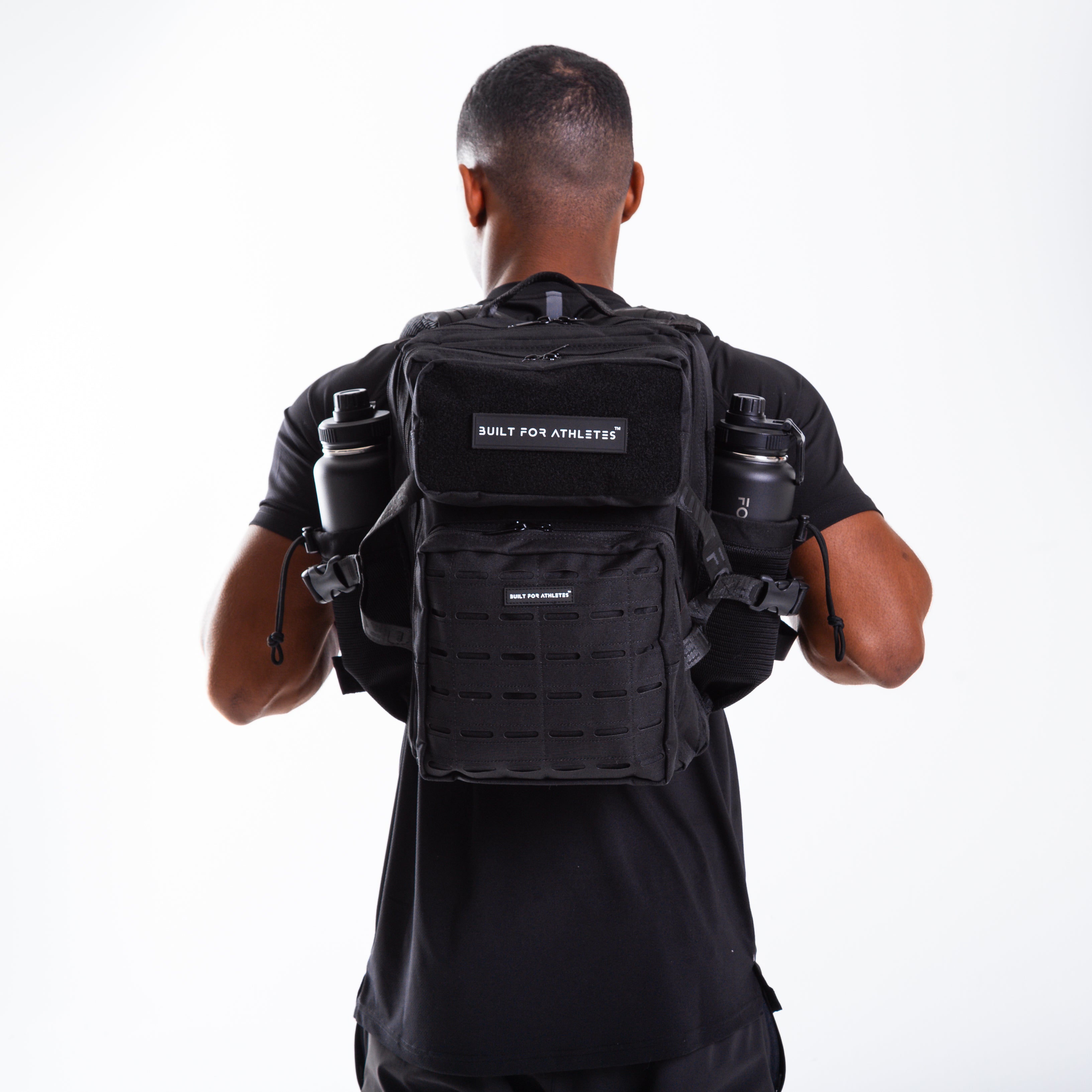
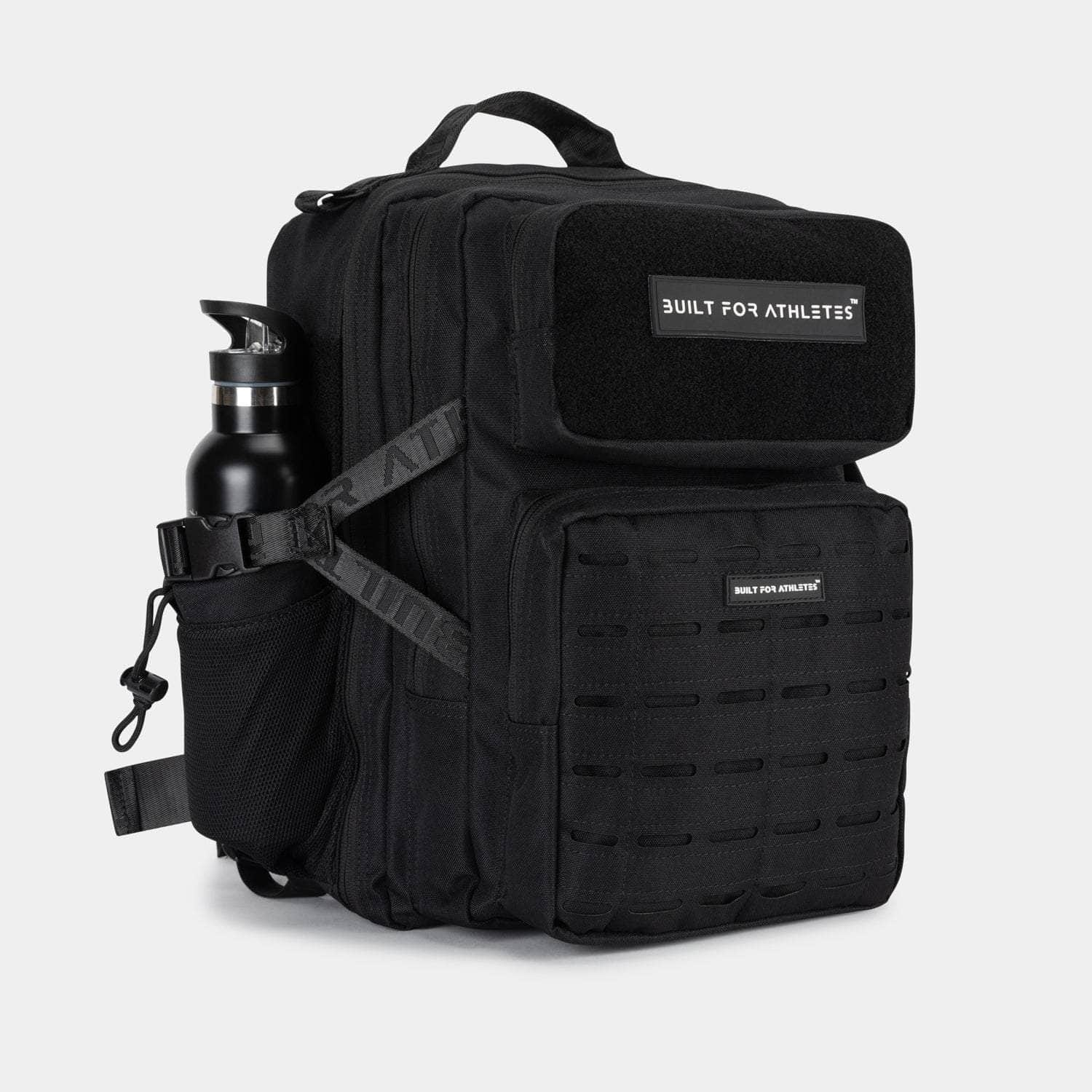




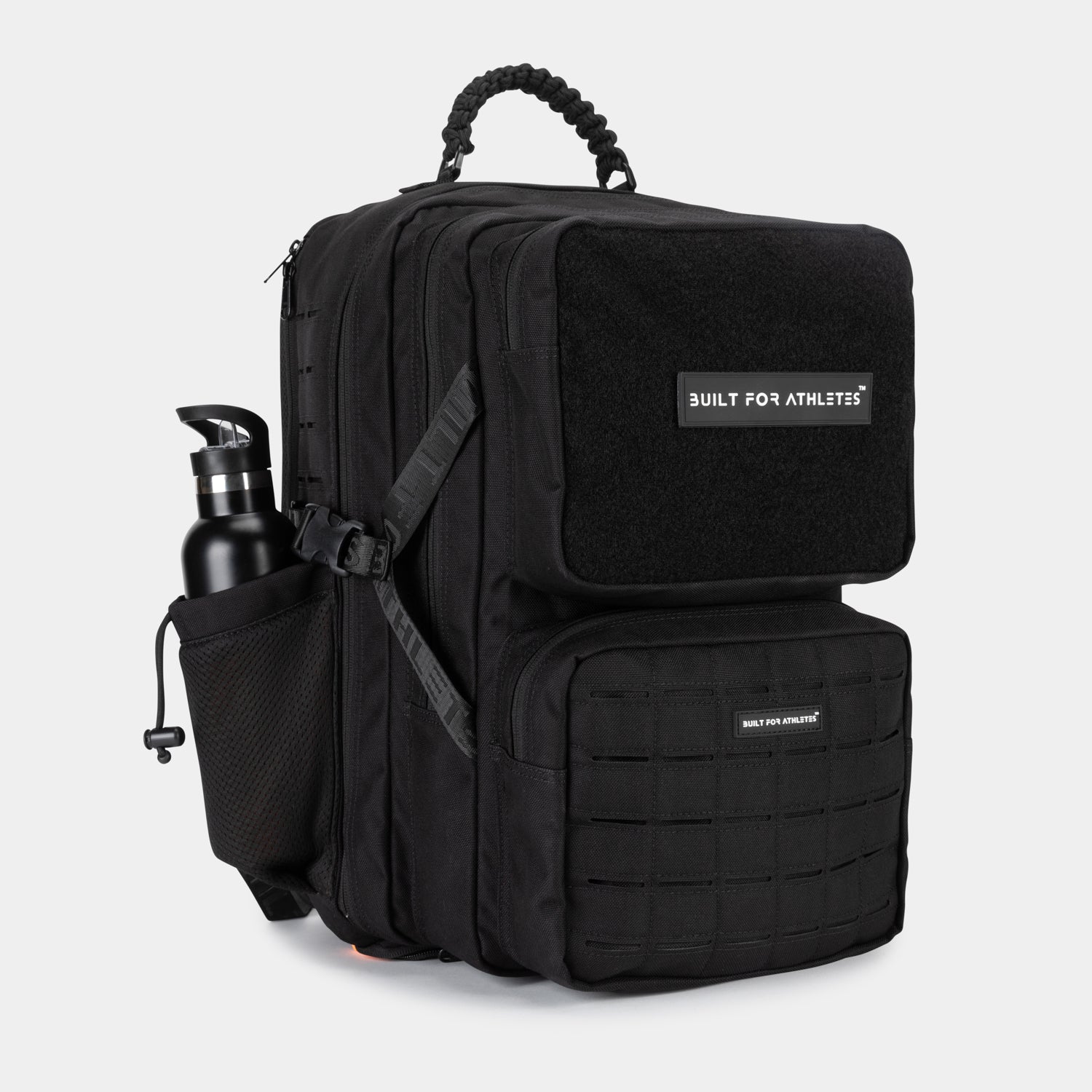
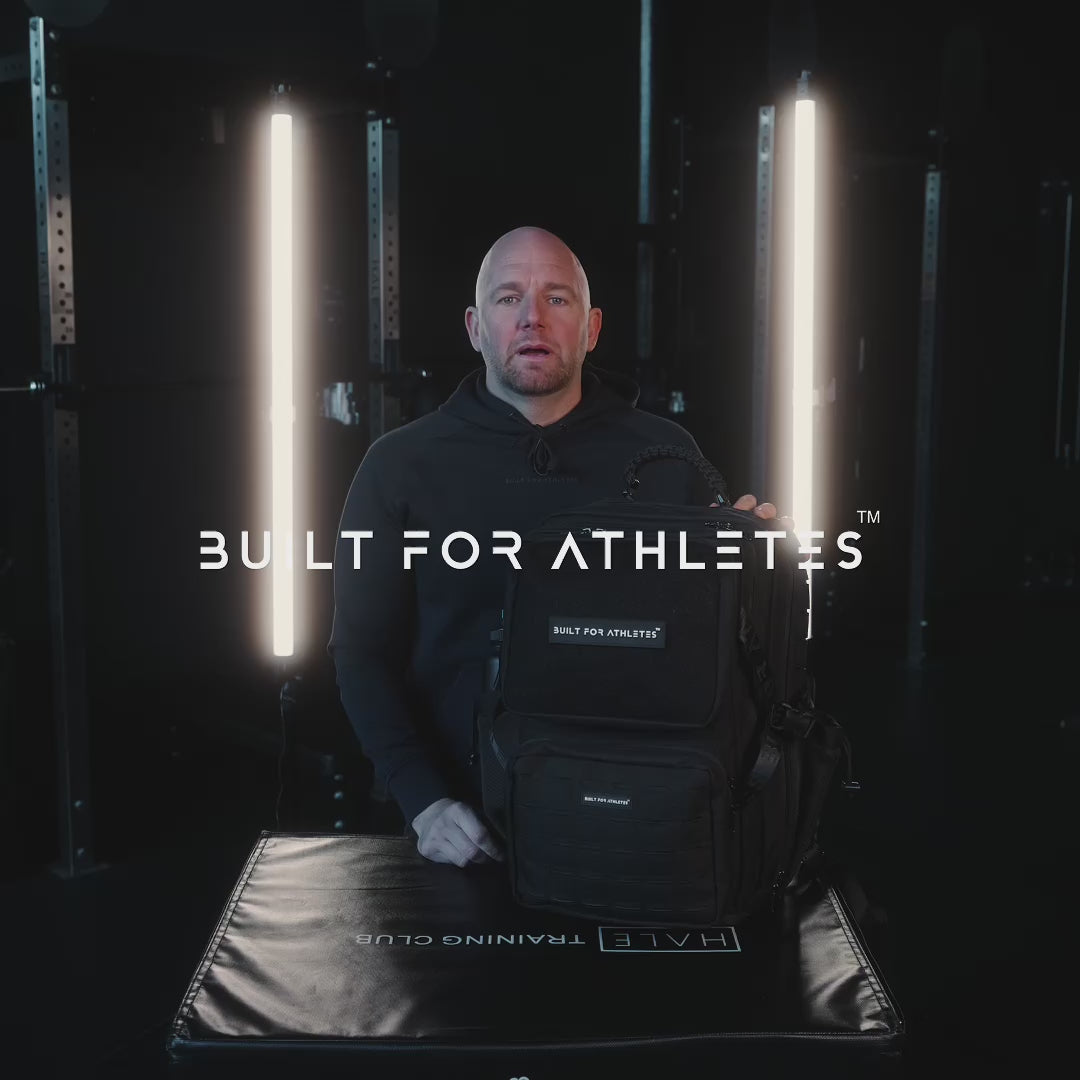
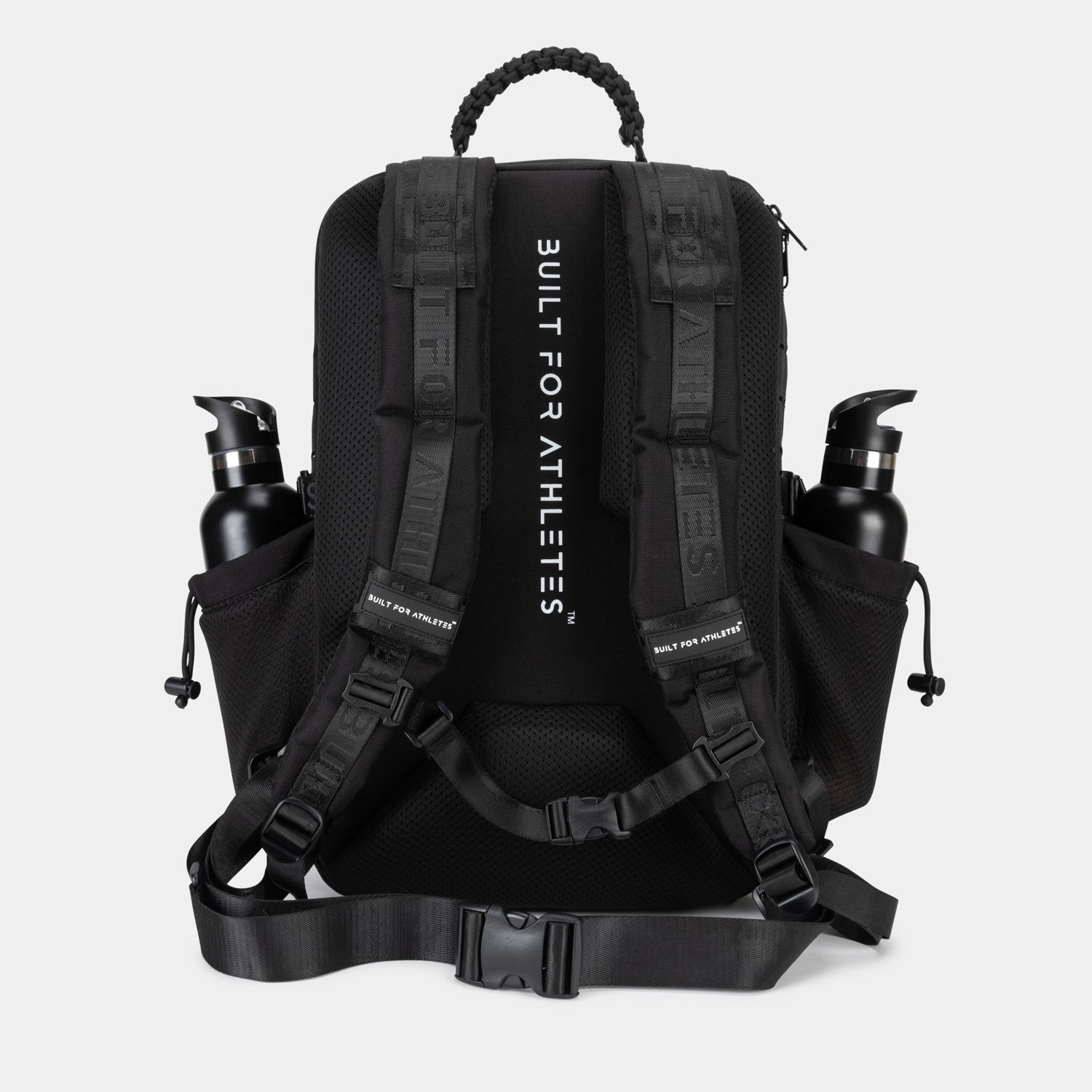








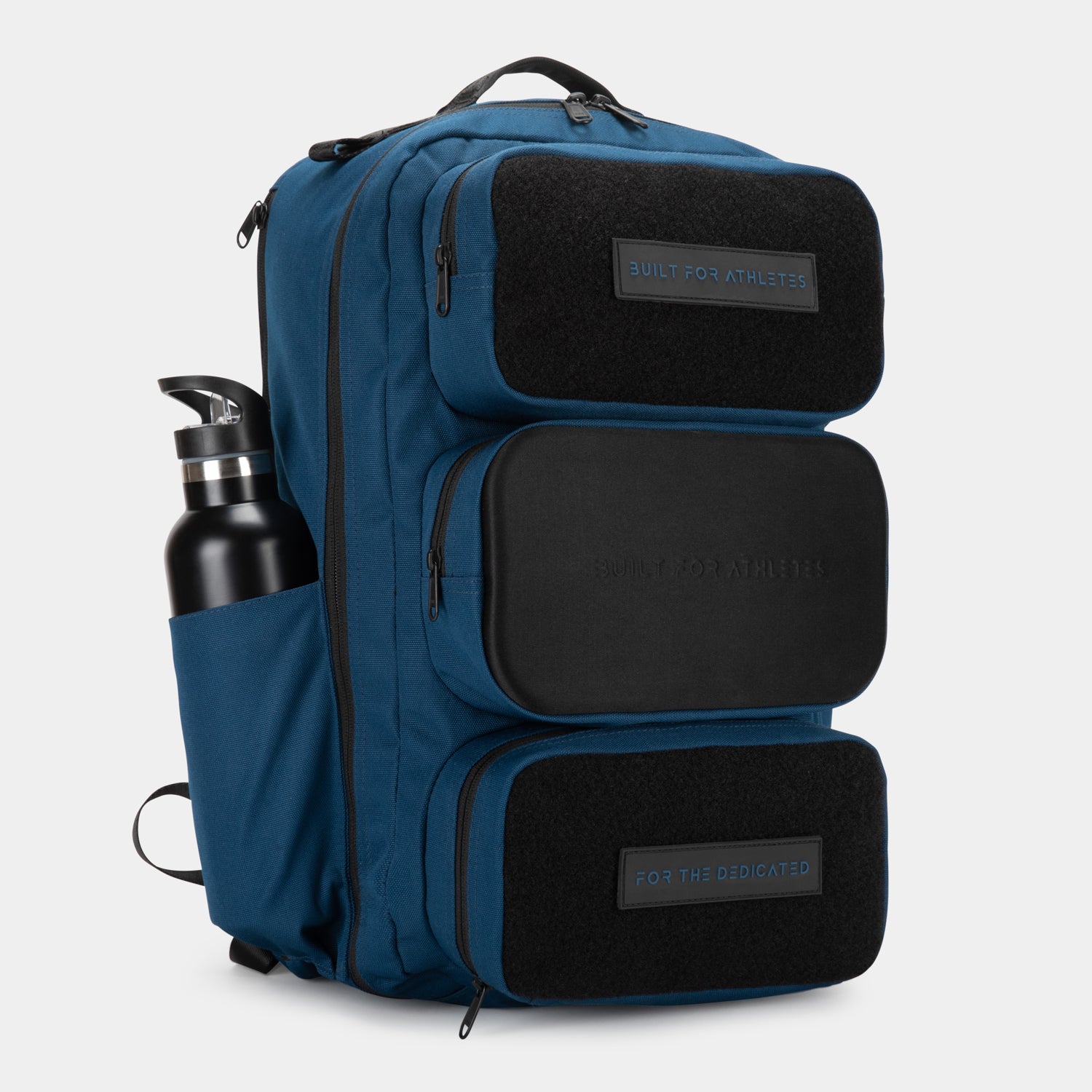
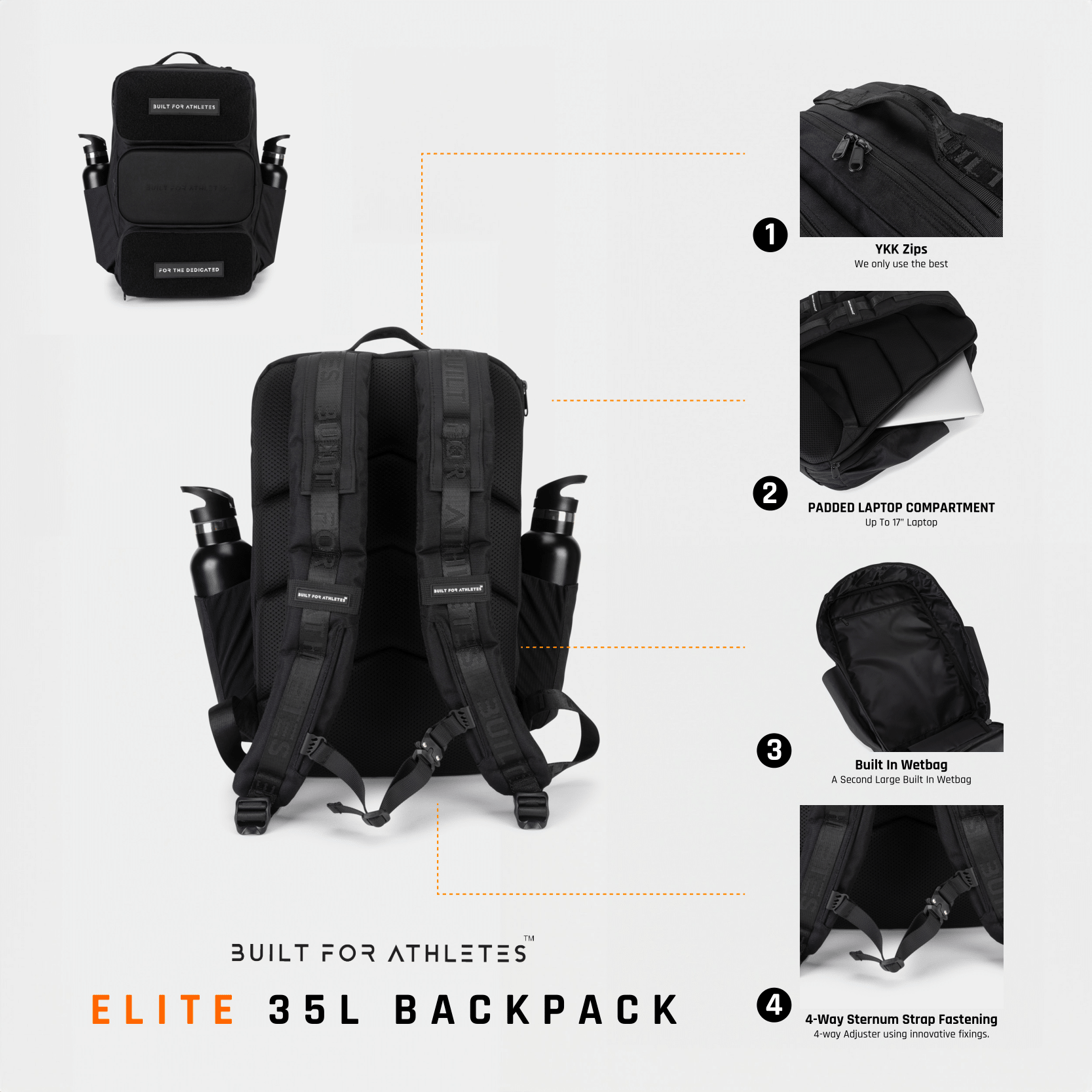
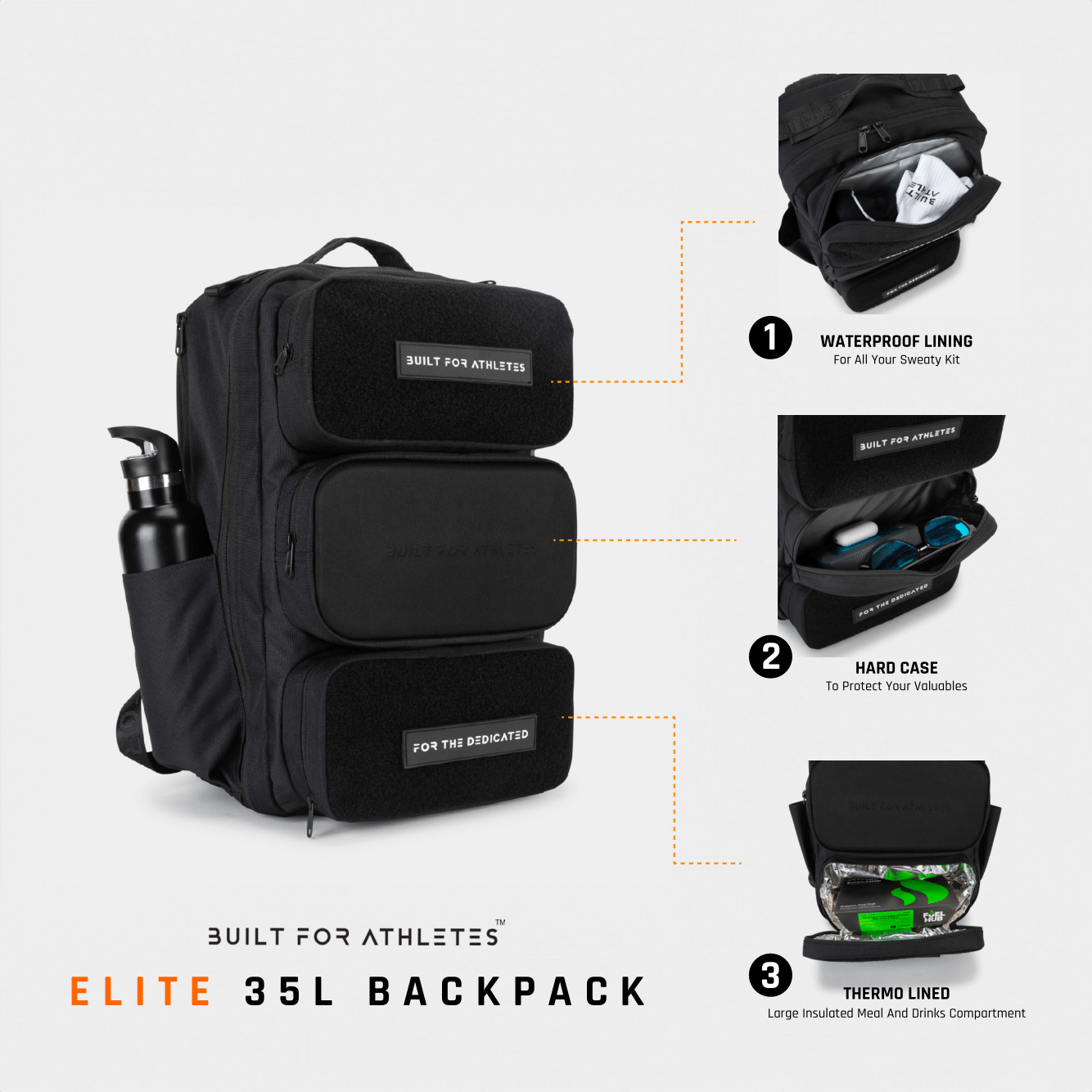




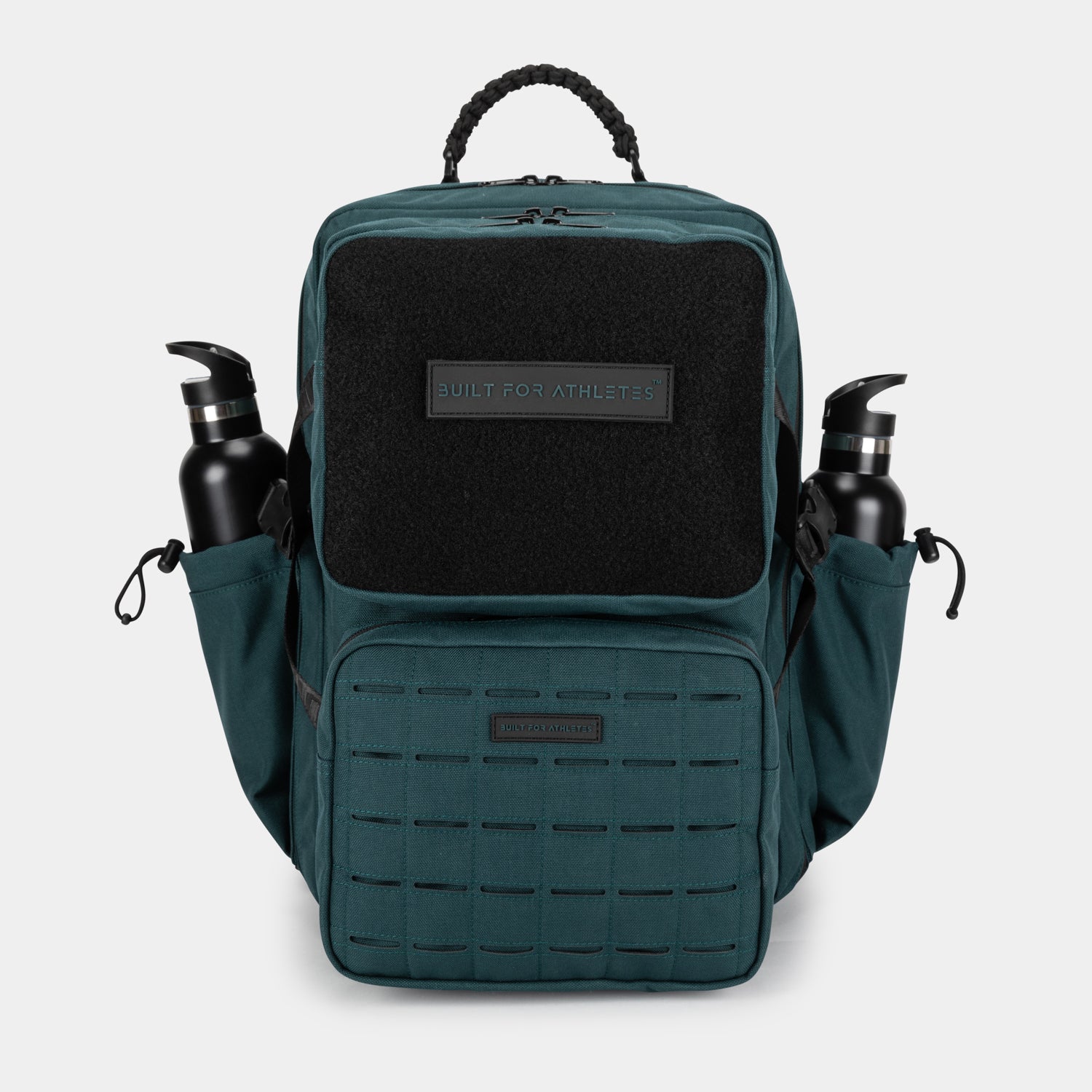
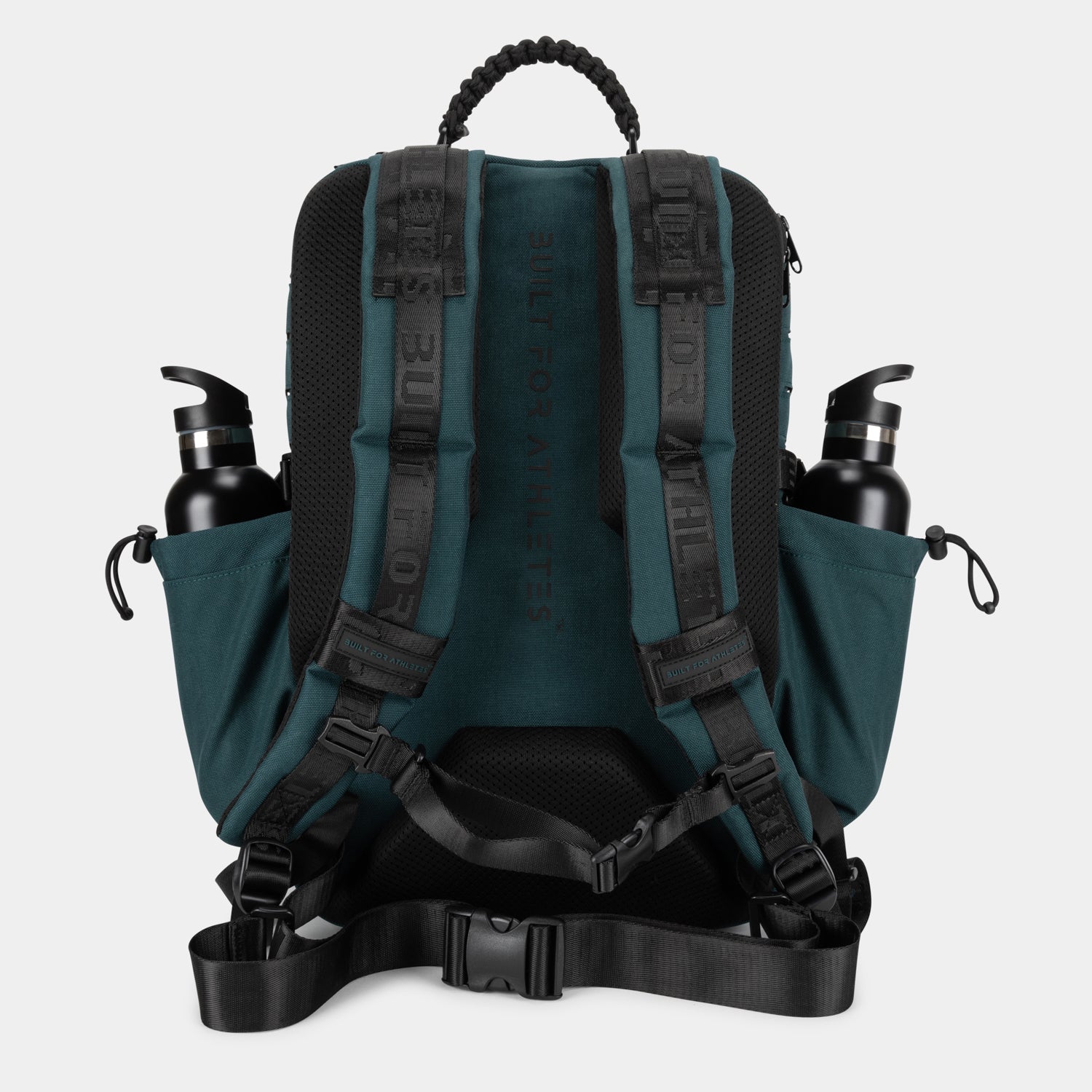
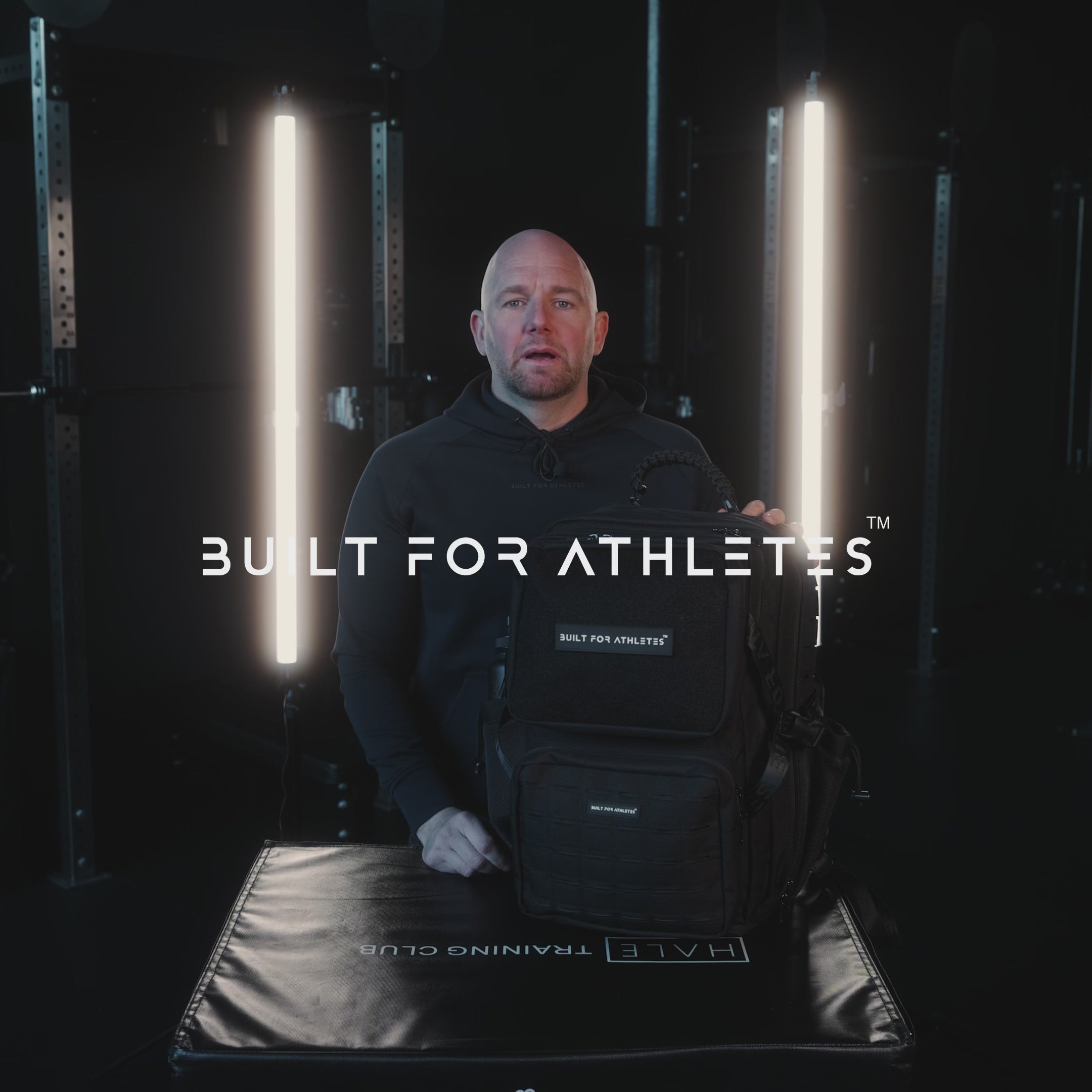
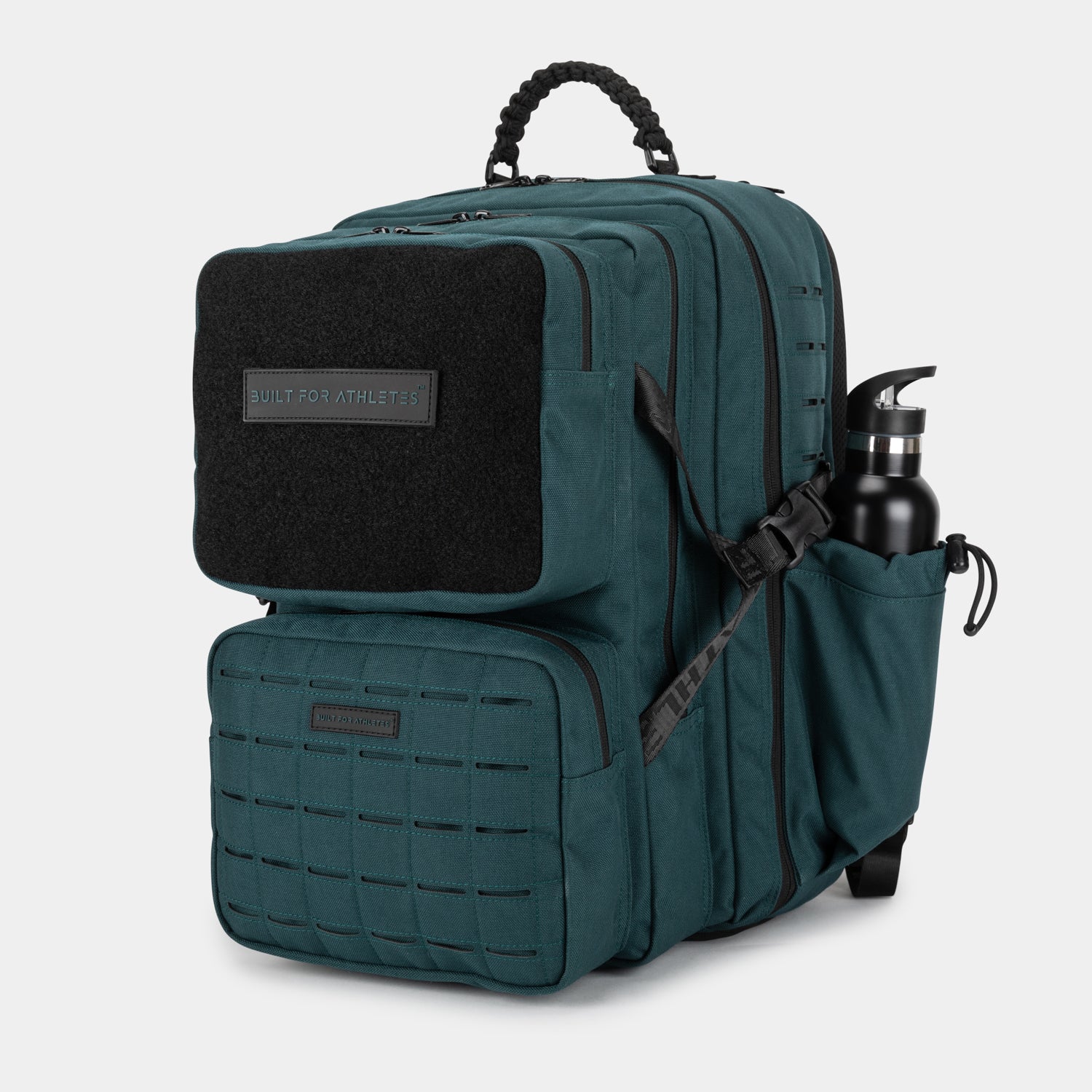

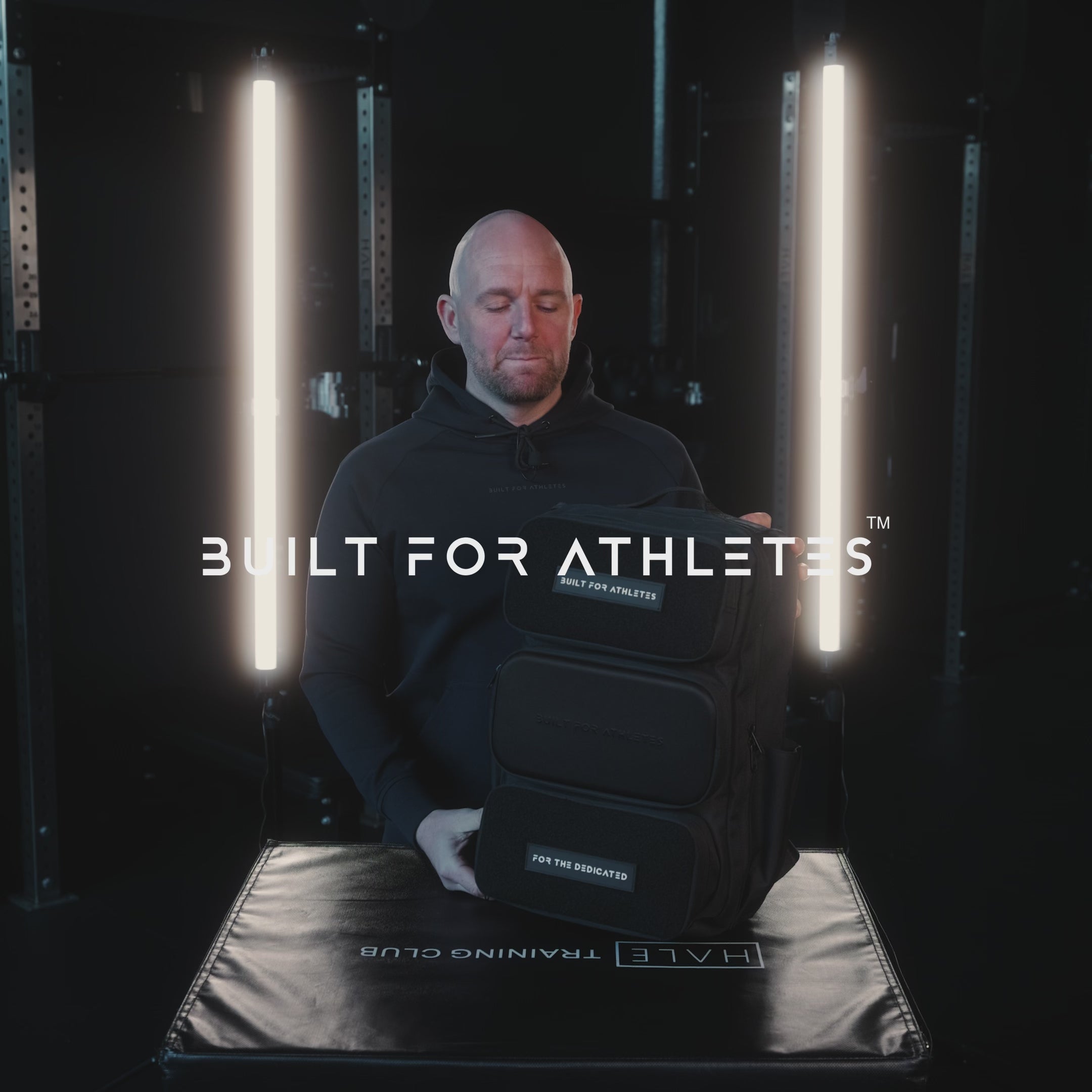
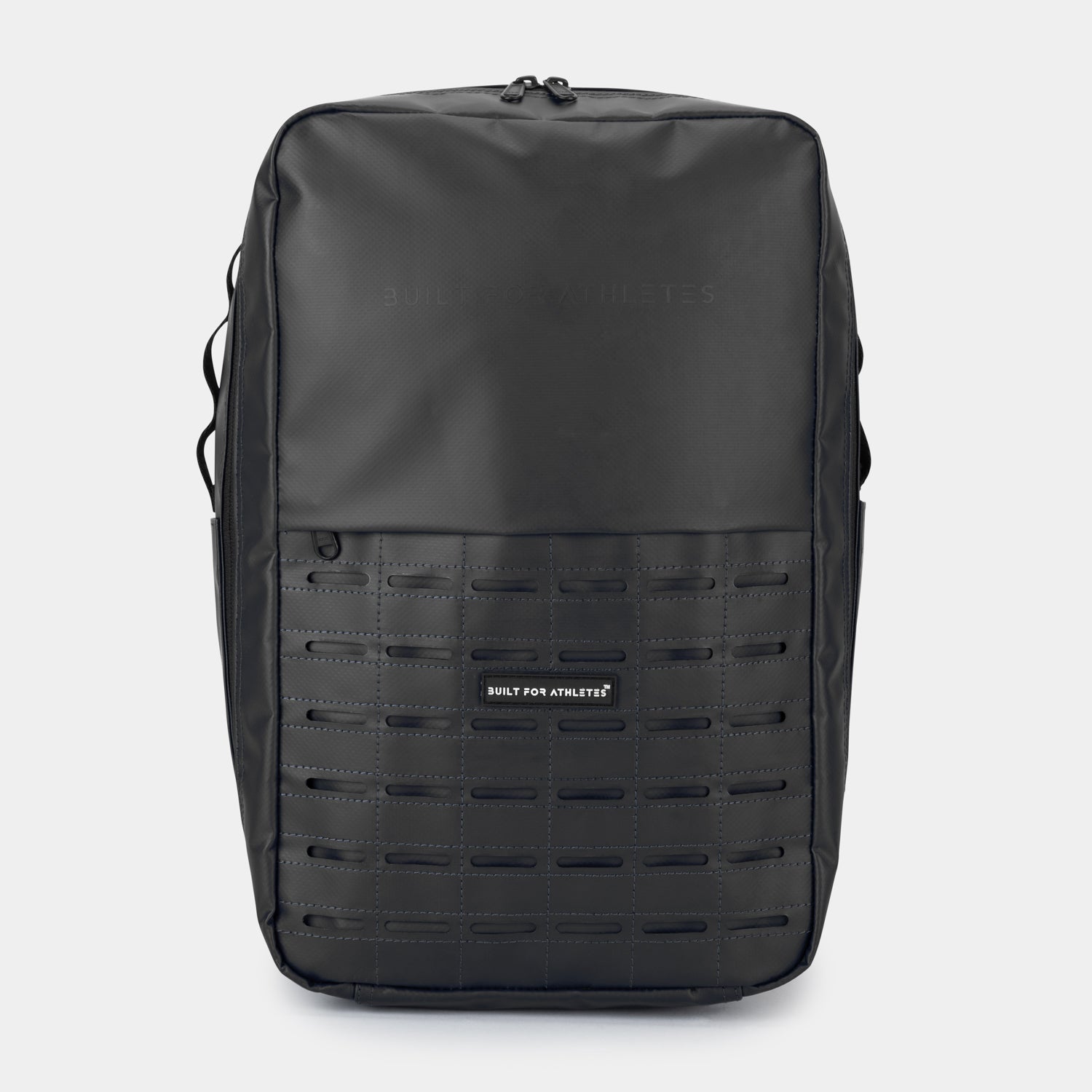
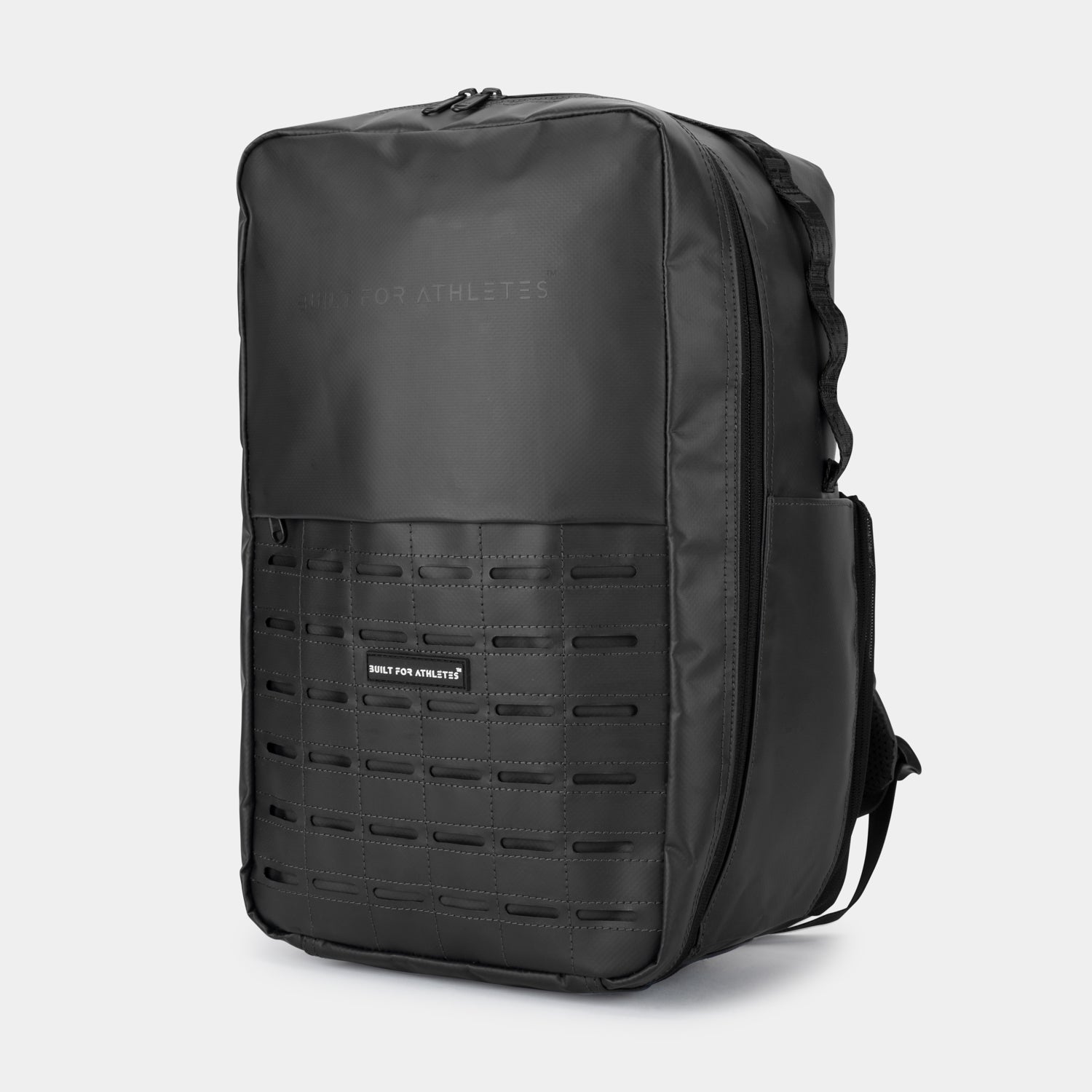
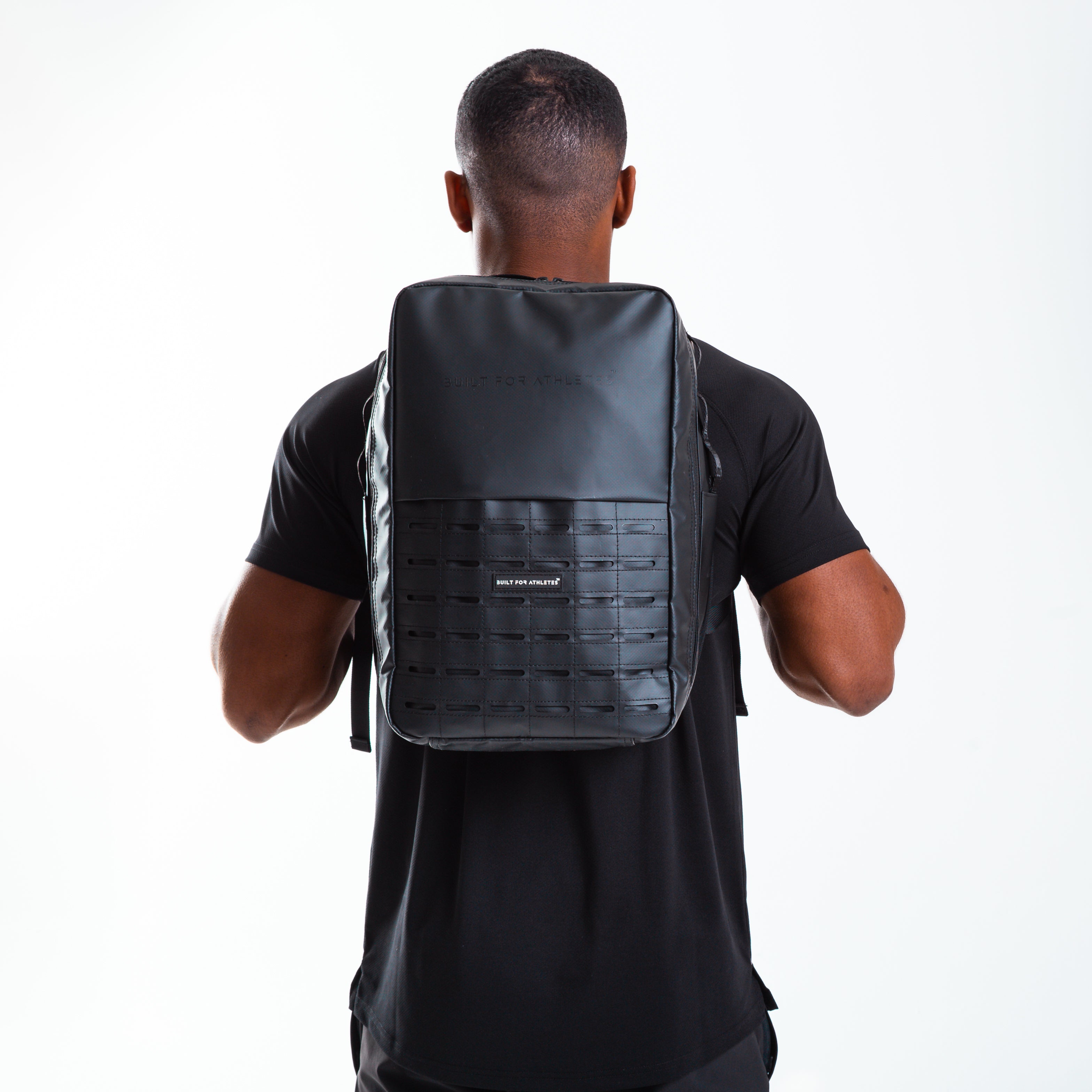




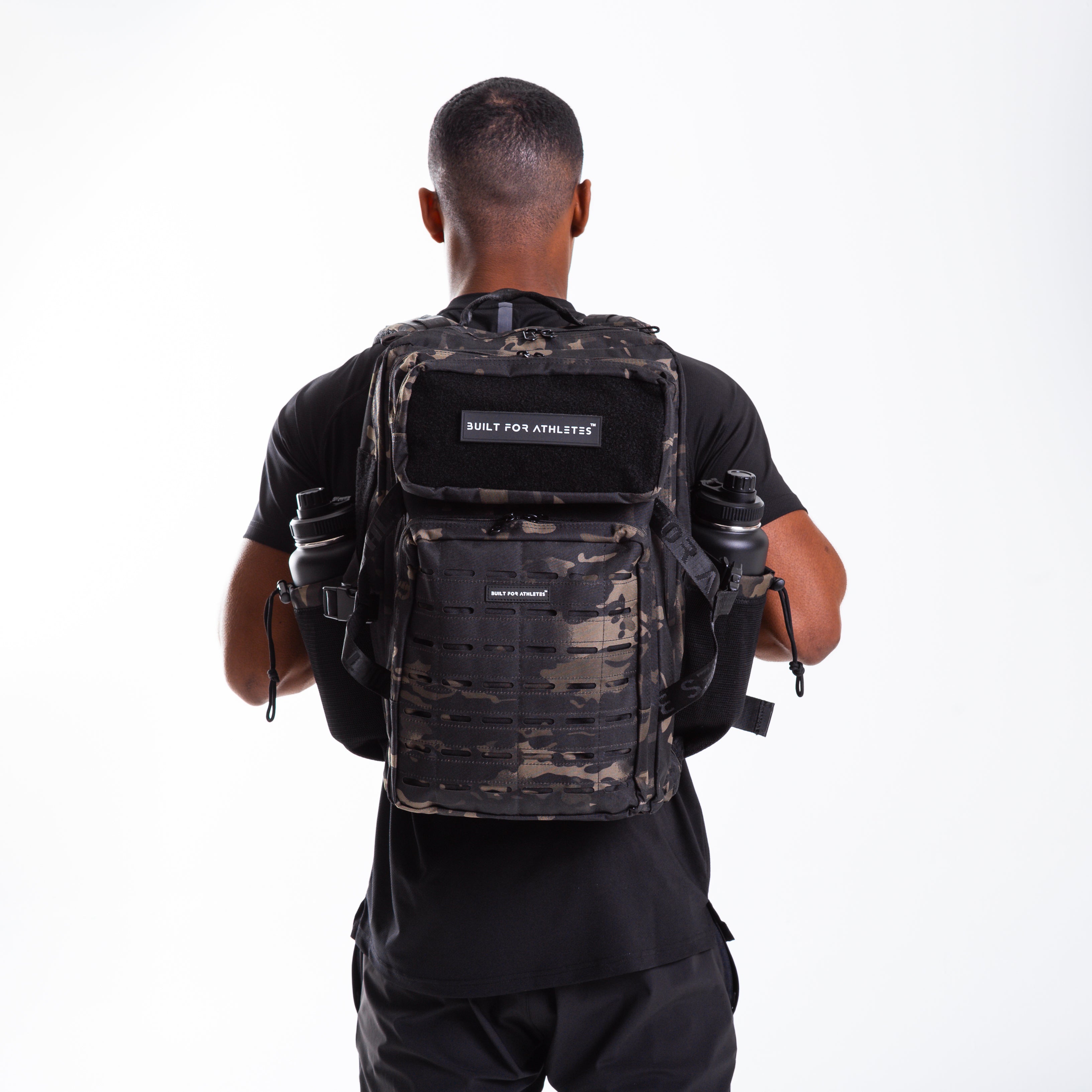

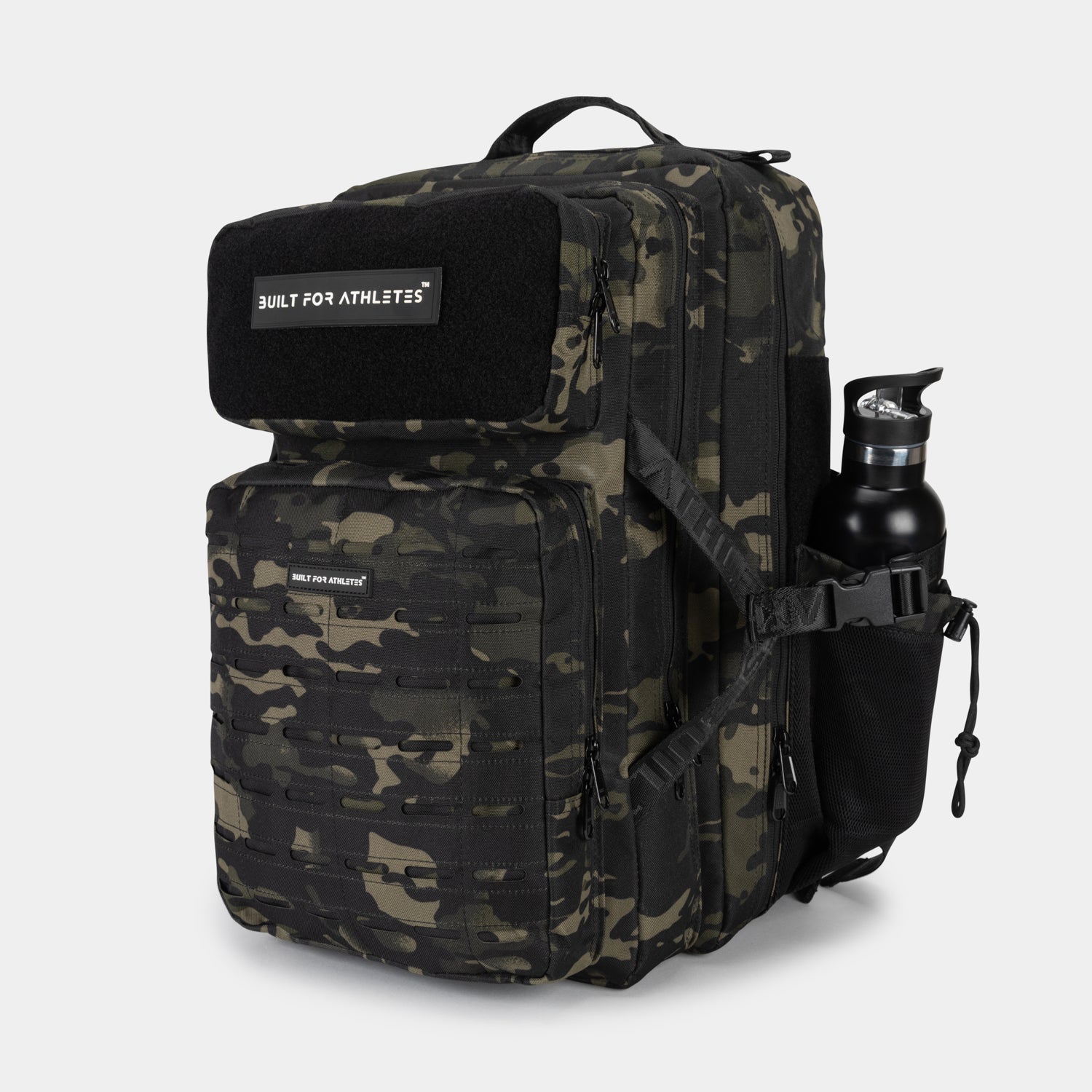
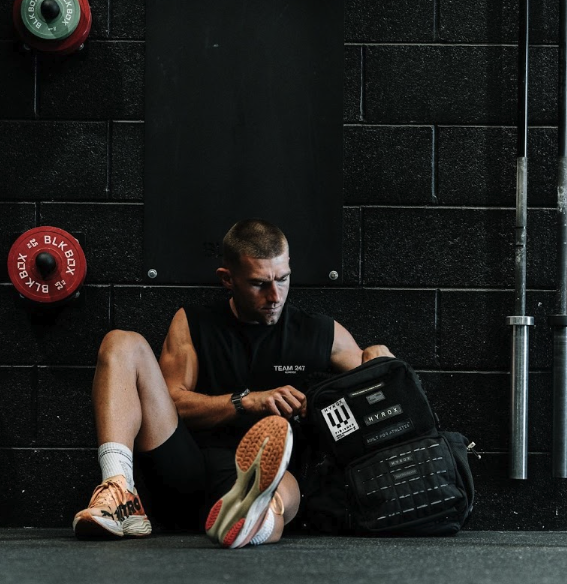
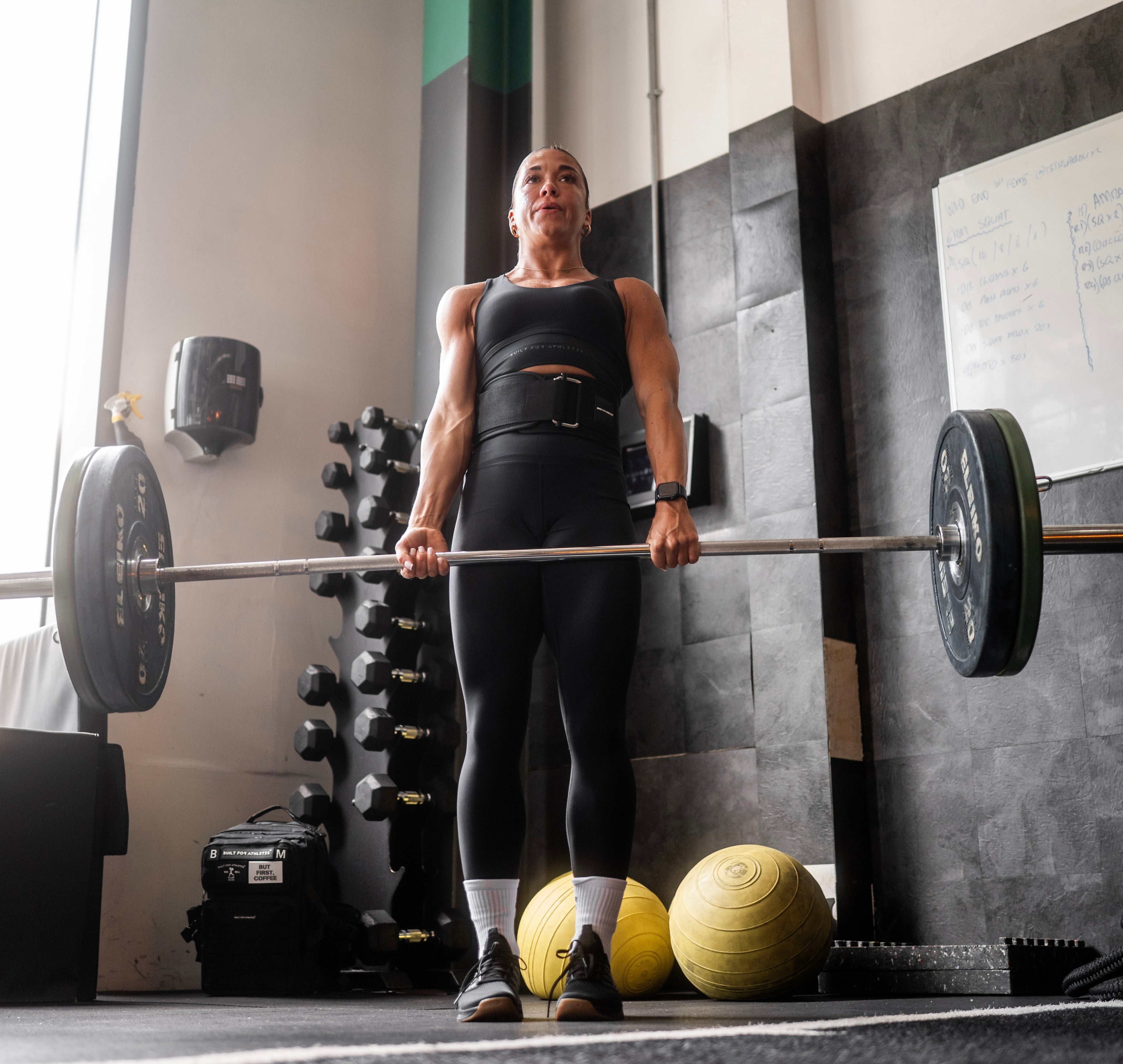
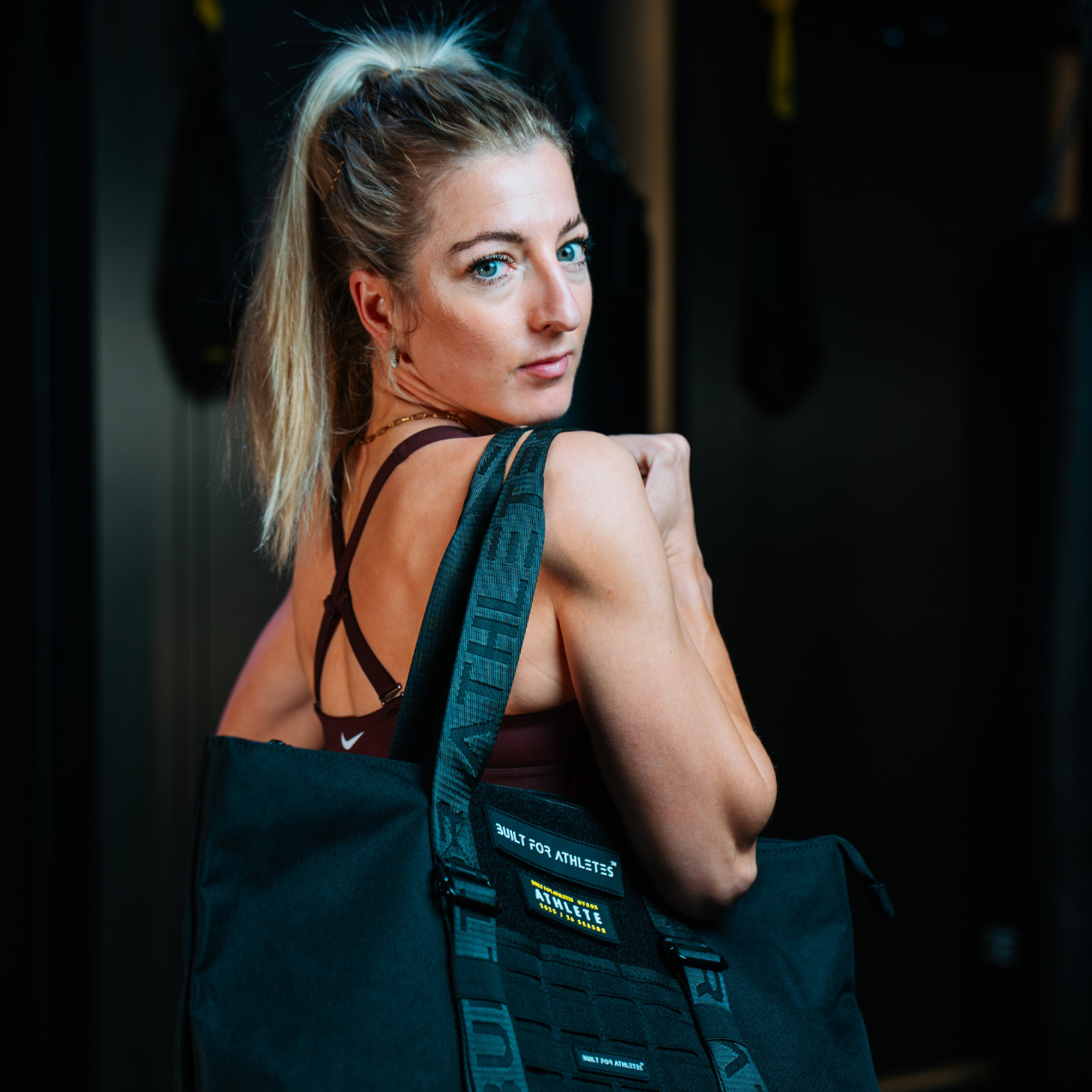
Share:
Why Athletes Have Greater Protection From Brain Diseases
4 Swimming Workouts To Boost Your Fitness